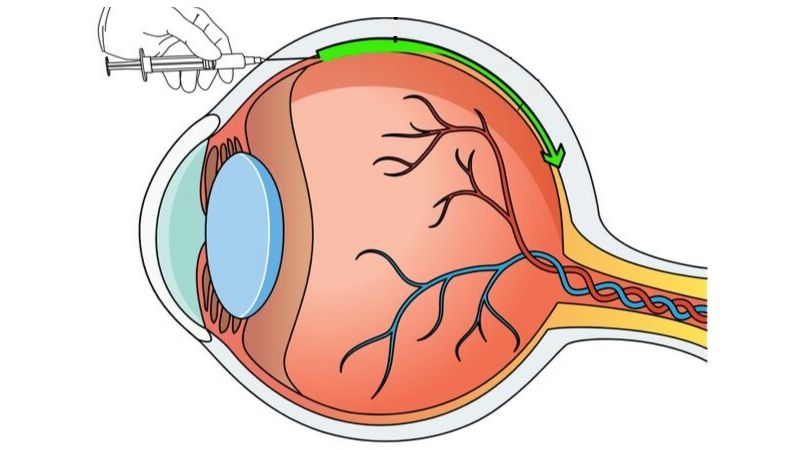Dr Oliver Hulson, consultant radiologist at Leeds Teaching Hospitals NHS Trust (LTHT), who is leading the trial in Leeds (Credit: LTHT)
The NHS will trial an AI-powered service for prostate cancer that can detect lesions in minutes to help speed up diagnosis in men.
The pilot, funded by NHS England, will use the Pi artificial intelligence tool, developed by Lucida Doctorto interpret MRI scans for suspected prostate cancer in up to 15 NHS hospitals.
Lucy Davies, clinical vice president at Lucida Medical and an NHS Innovation Accelerator fellow, said the technology “has the potential to enable a more efficient care pathway, supporting a ‘one-stop shop’ for diagnosis, ultimately leading to better patient outcomes and cost savings.”
In 2026, a rapid diagnostic pathway to offer all investigations in one day will be trialled at Leeds Teaching Hospitals NHS Trust, with around 100 men expected to take part.
Dr Oliver Hulson, consultant radiologist at Leeds University Hospitals, who is leading the trial, said: “AI-assisted MRI screening introduces a rapid diagnostic approach, so we can fast-track those patients who may need to receive further investigations using MRI scans and a biopsy, to have them all in one day at Leeds Cancer Centre.
“We hope this can pave the way for faster treatment and better outcomes for our patients and their families.”
If the AI software finds that a scan indicates a high risk of cancer, it will be immediately sent to a radiologist for priority review and the patient will be booked in for a biopsy on the same day, allowing doctors to give the all-clear that day or confirm a cancer diagnosis a few days after the review.
Under current best practice guidelines, patients should receive an MRI and biopsy within seven days of an urgent referral to the GP for suspected prostate cancer, but depending on the capacity of radiologists, this may be longer in some areas.
The use of AI could help bring patient care closer to their homes, and if found successful, AI-assisted MRIs could be performed in community diagnostic centers.
Professor Peter Johnson, NHS national clinical director for cancer, said: “We are determined to see more patients diagnosed or cleared faster, and combining the latest technology with this new testing pathway will give doctors the tools they need to reassure patients or make a cancer diagnosis as soon as possible.”
The artificial intelligence tool, which research shows can detect 95% of cancers, will be used in 10,000 scans to help radiologists inform cancers and in the decision-making process for next steps, including recommendations for active surveillance, biopsy and treatment planning, if appropriate.
Amy Rylance, deputy director of health improvement at Prostate Cancer UK, said AI could save men “prolonged anxiety and the hassle of hospital trips” and at the same time increasing the capacity of the NHS workforce.
The project is one of seven pilots backed by a £14 million investment aimed at improving early detection of cancer, as part of the NHS Cancer Program Open Call for Innovation.
Leeds University Hospitals ran a month-long pilot of the AI tool in August 2024 to test its effectiveness.



